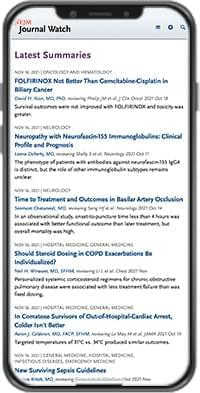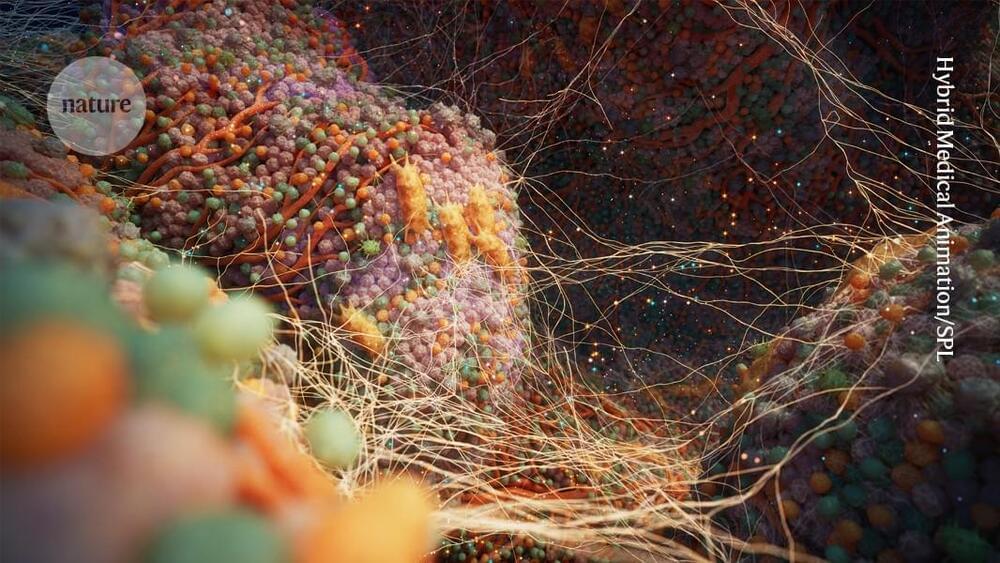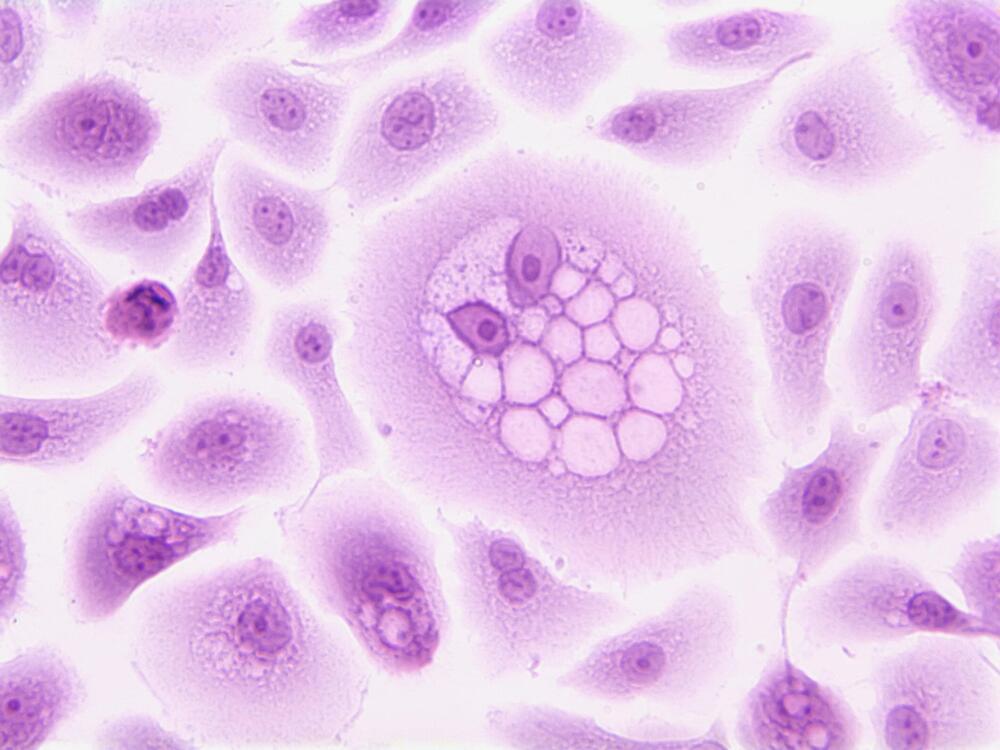Generate Biomedicines is a new kind of therapeutics company—existing at the intersection of biology, machine learning, and biological engineering.


Join us on Patreon! https://www.patreon.com/MichaelLustgartenPhD
Discount Links/Affiliates:
At-Home Metabolomics: https://www.iollo.com?ref=michael-lustgarten.
Use Code: CONQUERAGING At Checkout.
Blood testing (where I get the majority of my labs): https://www.ultalabtests.com/partners/michaellustgarten.
Clearly Filtered Water Filter: https://get.aspr.app/SHoPY
Epigenetic, Telomere Testing: https://trudiagnostic.com/?irclickid=U-s3Ii2r7xyIU-LSYLyQdQ6…M0&irgwc=1
Use Code: CONQUERAGING
NAD+ Quantification: https://www.jinfiniti.com/intracellular-nad-test/

Advancements in deep-tech solutions addressing global healthcare challenges.
The landscape of healthcare is undergoing a radical transformation fueled by deep-tech innovations that tackle some of the most pressing global health challenges. Deep-tech, a term that encompasses technologies grounded in scientific research and engineering advancements, is reshaping diagnostics, treatment modalities, and healthcare delivery systems on a global scale. With increasing demands for accessible, efficient, and equitable healthcare, deep-tech solutions—such as artificial intelligence (AI), advanced robotics, nanotechnology, biotechnology, and quantum computing—are playing pivotal roles in reshaping modern medicine.
This article explores the advancements in deep-tech solutions that are addressing global healthcare challenges and provides insight into how these technologies are likely to shape the future of medicine, impacting medical professionals, patients, and healthcare systems worldwide.
The Gaming Technology Department at Children’s hospital oversees the implementation of gaming and VR into procedures that might be scary or painful to their patients.

Lupus, doctors like to say, affects no two patients the same. The disease causes the immune system to go rogue in a way that can strike virtually any organ in the body, but when and where is maddeningly elusive. One patient might have lesions on the face, likened to wolf bites by the 13th-century physician who gave lupus its name. Another patient might have kidney failure. Another, fluid around the lungs. What doctors can say to every patient, though, is that they will have lupus for the rest of their life. The origins of autoimmune diseases like it are often mysterious, and an immune system that sees the body it inhabits as an enemy will never completely relax. Lupus cannot be cured. No autoimmune disease can be cured.
Two years ago, however, a study came out of Germany that rocked all of these assumptions. Five patients with uncontrolled lupus went into complete remission after undergoing a repurposed cancer treatment called CAR-T-cell therapy, which largely wiped out their rogue immune cells. The first treated patient has had no symptoms for almost four years now. ‘We never dared to think about the cure for our disease,’ says Anca Askanase, a rheumatologist at Columbia University’s medical center who specializes in lupus. But these stunning results—remission in every patient—have fueled a new wave of optimism. More than 40 people with lupus worldwide have now undergone CAR-T-cell therapy, and most have gone into drug-free remission. It is too early to declare any of these patients cured for life, but that now seems within the realm of possibility.
From The Atlantic.



One of the first warnings came in a paper published in 2021. There was an unexpected rise in pancreatic cancer among young people in the United States from 2000 to 2018. The illness can be untreatable by the time it is discovered, a death sentence.
With publication of that report, by Dr. Srinivas Gaddam, a gastroenterologist at Cedars-Sinai Medical Center, researchers began searching for reasons. Could the increase be caused by obesity? Ultraprocessed foods? Was it toxins in the environment?
Alternatively, a new study published on Monday in The Annals of Internal Medicine suggests, the whole alarm could be misguided.

From the article:
Scientists in Boston, Massachusetts have made reprogrammed stem cells from the blood of centenarians.
Centenarians offer an opportunity to study longevity. People who’ve lived to 100 have an amazing ability to bounce back from insult and injury, says George Murphy, a stem-cell biologist at the Boston University Chobanian & Avedisian School of Medicine. One centenarian he knows recovered from the 1912 Spanish flu and COVID-19, twice. One theory that explains centenarians’ robust age is that they possess a genetic makeup that protects them from diseases.
But testing that idea is a challenge. People of that age are rare, which makes blood and skin samples from them a precious resource for research. That gave Murphy and his colleagues the idea to create a bank of centenarian cells that could be shared among scientists.

Effective immunity hinges on the ability to sense infection and cellular transformation. In humans, there is a specialized molecule on the surface of cells termed MR1 allows sensing of certain small molecule metabolites derived from cellular and microbial sources; however, the breadth of metabolite sensing is unclear.
Published in PNAS, researchers at the Monash University Biomedicine Discovery Institute have identified a form of vitamin B6 bound to MR1 as a means of engaging tumor-reactive immune cells. The work involved an international collaborative team co-led by researchers from the University of Melbourne.
According to Dr. Illing, “Our findings suggest that vitamin B6 molecules displayed by MR1 represent a means for the immune system to detect altered cellular metabolism/metabolite levels, that may distinguish cancer cells,” she said.